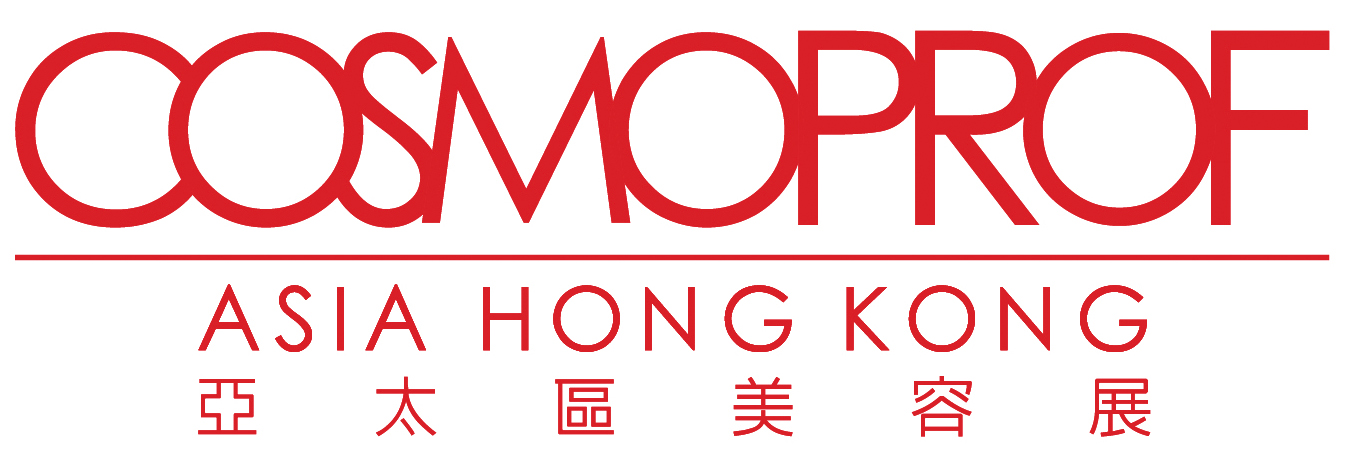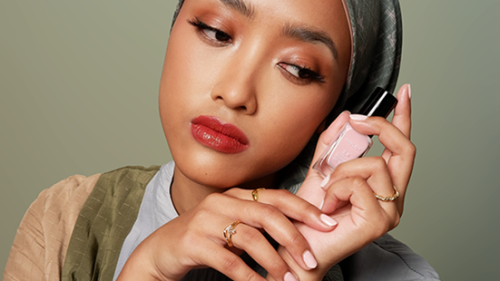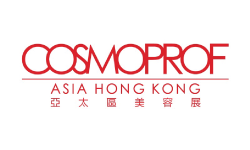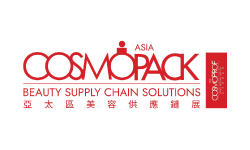Halal Beauty can be defined by the range of cosmetics that obtained a local halal certification, in respect of strict religious rules and regulations, such as the absence of « haram » ingredients like pig, animal’s blood or alcohol.
However, this definition can be broadened as most halal brands also adopt a more comprehensive ethical positioning including BPOM certification (Indonesia), vegan and cruelty-free claims, natural/botanical ingredients, inclusivity and local pride.
Let us take a look at the Indonesian market where halal certification is becoming mandatory by 2026. Interestingly, it is not so much the certification that will be sought after by the consumers (since it will be required anyway), but the values shared by the brands as well as the growing importance of supporting local beauty for consumers.
When it comes to halal beauty, one should of course consider the different implications of the religion in everyday life, and how it impacts the beauty routine. Key insights to keep in mind are: prayers 5 times a day implicating ritual ablutions and the impact on makeup (removing or staying ?), wearing of the hijab for most Muslim women in the region (and impact on haircare), the importance of Ramadan both in terms of change in beauty habits and seasonal gifting moment, just to name a few…
However, Halal beauty trends, or to use a broader term « Muslimah beauty », should not be understood only in the regards of religious practice, but more largely as the tendencies adopted by these consumers and brands in the region and their evolution in terms of concerns, routines and gestures.
A case in point to illustrate this is the boom of sun care in Southeast Asia, with a vast array of formats and benefits. This segment will take into consideration the local climate which is very hot and humid, hence adopting light and cooling textures, but also the importance of format to be easily reapplied especially after prayers (stick, mists), as well as the large spectrum of skin tones and the mandatory « no white cast » formula. Most UV protection category is not only halal-certified but dermatology-tested and non-comedogenic as acne is a major concern for SEA consumers.
Our presentation will be a structured analysis on Halal Beauty Trends and their evolution in S.E.A; with key insights illustrated by the most interesting product launches and futures directions for the market.
Starting by introducing the halal beauty requirements, the presentation will then be a deep dive into 3 directions: the shift from makeup to skincare addiction with the new healthy skin obsession and the renewed concerns of acne, skin barrier and brightening, the rise of climate-adapted beauty from locked-in makeup to new benefits and formats; and last the different aspects of religious compliance / Muslim-friendly cosmetics from makeup to haircare. In our conclusion we will be sharing the next key directions for halal beauty in South East Asia in the coming years.
If you wish to attend please register at Cosmoprof Asia and sign up for the seminar:
https://www.cosmoprof-asia.com/cosmotalks-halal-beauty-trends-evolution-in-s-e-a/
Join us at Cosmoprof Asia in Singapore to know more !
17 NOV 2022 | 14:00-14:45 (SGT/UTC+8)
Halal Beauty Trends & Evolution in S.E.A
Héloïse Lefebvre du Prey, South East Asia Project Manager at Asia Cosme Lab













